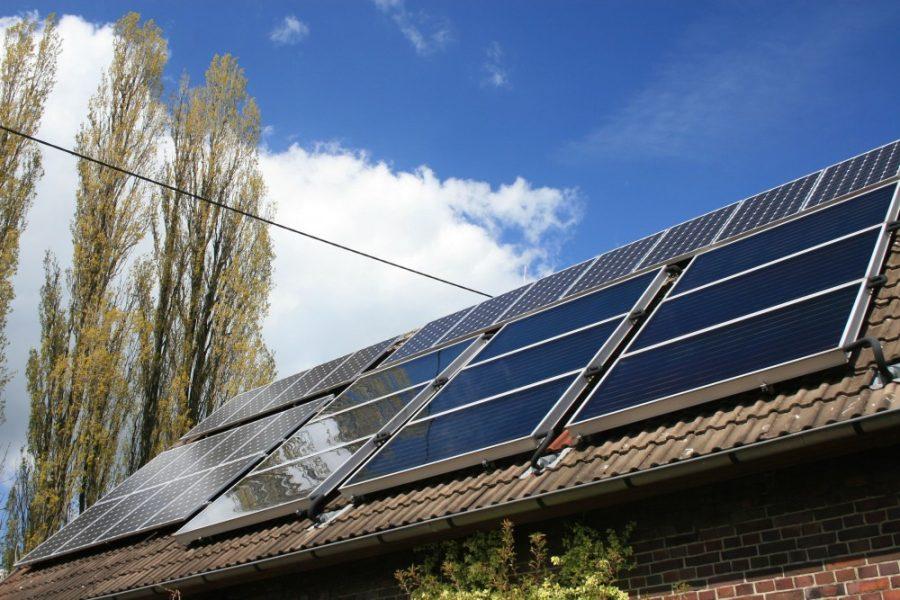Integrating scientific findings with public policy is necessary to get action underway in an increasingly environmentally aware world, and UA faculty are on top of it.
The Udall Center for Studies in Public Policy at the UA has recently announced that its fellows are striving to use their scientific research to inform civic and private policy.
The Udall Center tries to achieve its mission by sponsoring “policy-relevant, interdisciplinary research” and “forums that link scholarship and education with decision-making,” according to its website.
In this case, interdisciplinary means both physics and geography, pooling the talent of physics professor Alex Cronin and School of Geography and Development professor Sallie Marston.
Both professors’ research will focus on increasing the reliance on and the presence of the environment in our daily lives.
Cronin plans to utilize his knowledge of general physics and quantum optics to make solar power a more reliable resource. By doing so, Cronin said he hopes to see an increase in solar usage as a source of energy.
“I’m most interested in how we can use forecasts to create a policy by which utility companies have the right amount of backup power,” Cronin said.
He will essentially try to integrate solar power with efficient backup supply, such as gas, to account for the fact that solar can essentially be shut off by factors such as cloud cover at any time. Cronin said his inspiration came when he was studying the outputs from his own solar panels at his home.
“The power supply dropped by half in as quick as three or four seconds,” Cronin said. “That’s happening routinely when clouds pass by individual rooftops. I started studying that because it’s a hobby. I was also fascinated by how partial shade makes a huge impact.”
California is estimating that 40 percent of all its power in the future will be solar. Cronin is interested in matching Arizona’s 2025 goal, which is currently estimated at 15 percent solar power, with California’s high outlook.
“There’s a huge growth in wind and solar power for electricity, in Arizona in particular, and all across the world, really,” Cronin said.
Marston shares Cronin’s optimism for increased success in environmentalism and cited its impact on personal well-being. She intends to improve the inner lives of students attending low-income schools, where more than 75 percent of the students are enrolled in free and reduced lunch plans. Many of the children suffer anxiety and agitation as a result of monetary stress.
“If you can’t sit in your seat because you’re so on edge—because of what happened at home, or because you don’t know what’s going to happen last week [with] fighting, or drug use or whatever it might be—you can’t be present,” Marston said.
She proposes to get children involved with community gardens, an ongoing project that has sent many interns into the community and is looking to grow its university participation.
“The garden is an opportunity for them to be outside and take care of the plants, take care of the chickens, make sure of the chickens’ health,” Marston said. “We find that emotional and behavioral patterns improve for the better.”
Marston hopes that visiting natural spaces such as the gardens will help prepare student learning and simultaneously encourage STEM education. The students check rainwater collectors, aquaponic systems and chicken coops.
In addition to her ongoing research, Marston encourages university students of all majors to consider her program, embodying a socially responsible rather than righteous approach.
“We’re not knights in shining armor,” Marston said. “We’re simply people who see a need in the community, and we try to fulfill that need.”
Follow Alexandria Farrar on Twitter.









